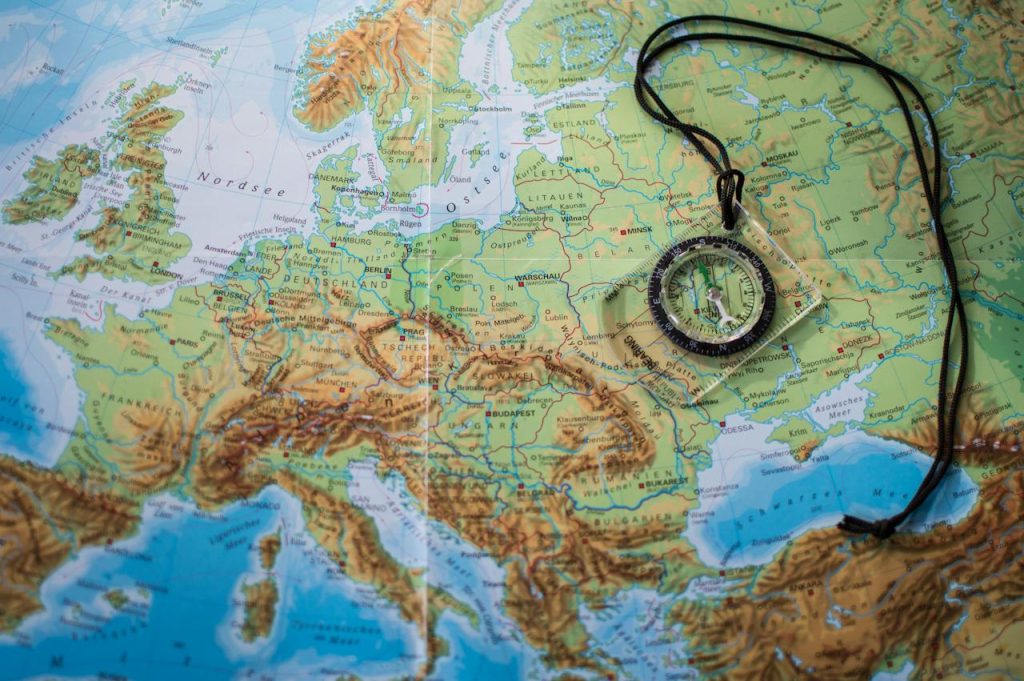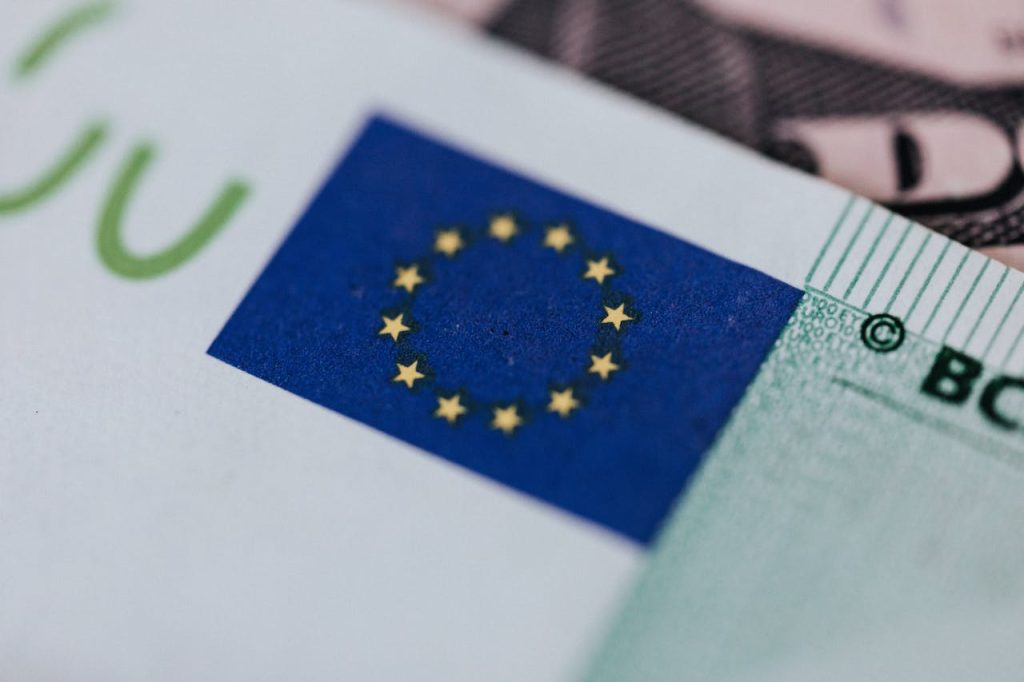What you will find
The EU’s latest regulations on greenwashing and vague sustainability claims are coming in strong to change the way companies can and cannot communicate, and protect consumers.
Long gone are the days when companies could freely (and irresponsibly) call their products and services sustainable and eco-friendly, with no clear definition or guidelines on what such catchy phrases meant.
Greenwashing has in the last few years become a major issue both for consumers’ ability to choose what’s best, and to the detriment of companies which were accused of such practices one way or another.
In light of such situation, the EU has been quick to try to put an end to such irresponsible practices and protect consumers, as well as the planet, through an effective ban on misleading or unverified sustainable claims.

The road to a sustainable European Union
It is no secret that vague, and even false, sustainable claims have been circulating the market for long, with consumers becoming increasingly weary of their lack of ability to make responsible and informed decisions.
In fact, a recent study by the European Commission found that more than half of green or sustainable claims by companies in the Union were vague or misleading, and up to 40% were completely unsubstantiated.
The European Union, in light of this dangerously recurring problem, has finally approved a law banning all misleading sustainability claims.
Make employees an active part of the sustainability strategy
Such a categorical move is testament to the EU’s implication and efforts to make this shared economic space a leader in sustainable practices and regulations across the globe. Regulations like the CSDR or the upcoming CSDDD are prime examples of this.
Today we wanted to focus on the European greenwashing ban, and how it aims to provide more transparent and trustworthy information for consumers and hold companies accountable for their misleading claims.
The EU's greenwashing ban
The European Union’s ban on greenwashing comes a response to the widely spread practice of communicating misleading, vague, and sometimes false sustainability information.
In its core, this new law is a means of strengthening consumer rights, as it includes rules to make product labels clearer and bans the use of generic environmental claims not backed up with proof.
At the same time, sustainable labels will only be allowed if they are based on official certifications or backed by public authorities. In the case of environmental claims based on offsetting schemes, they will simply not be allowed.

As we previously stated, the law aims to provide consumers with transparent information, as it is the only way to make informed decisions; that is why the ban includes rules aimed at making product durability information more visible.
Among these rules we find a banning of unfounded durability claims, prompts to replace products earlier than strictly necessary, or presenting them as repairable when they are not.
How the EU's ban on greenwashing will change the market
As all things new do, many will look at the newest greenwashing ban, as well as the upcoming green claims directive with a certain feeling of uneasiness.
However, we believe companies should take an opportunity approach and leave risks or costs aside for a minute. Although making sure sustainable claims are true and valid will take time and resources, it will also become the scenario for new and better competitive advantages.
Consumers will now have the opportunity to choose better, and knowing how their sustainable awareness is changing the market, transparency will soon become the best marketing strategy.
It is safe to say this is the perfect sign to change or revisit corporate sustainability strategies and find the fastest way to transparency and proven sustainable practices.

In DoGood, we aim to simplify the complex web of sustainability objectives for companies by offering a platform that translates the high-level ESG (Environmental, Social, Governance) objectives into actionable tasks for every single employee.
Then, each employee not only knows how to make an impact but also feels empowered to contribute meaningfully to the greater sustainable strategy.
No more vague directives. No confusion. DoGood automates the process, making it seamless for the workforce to know precisely what steps to take.







